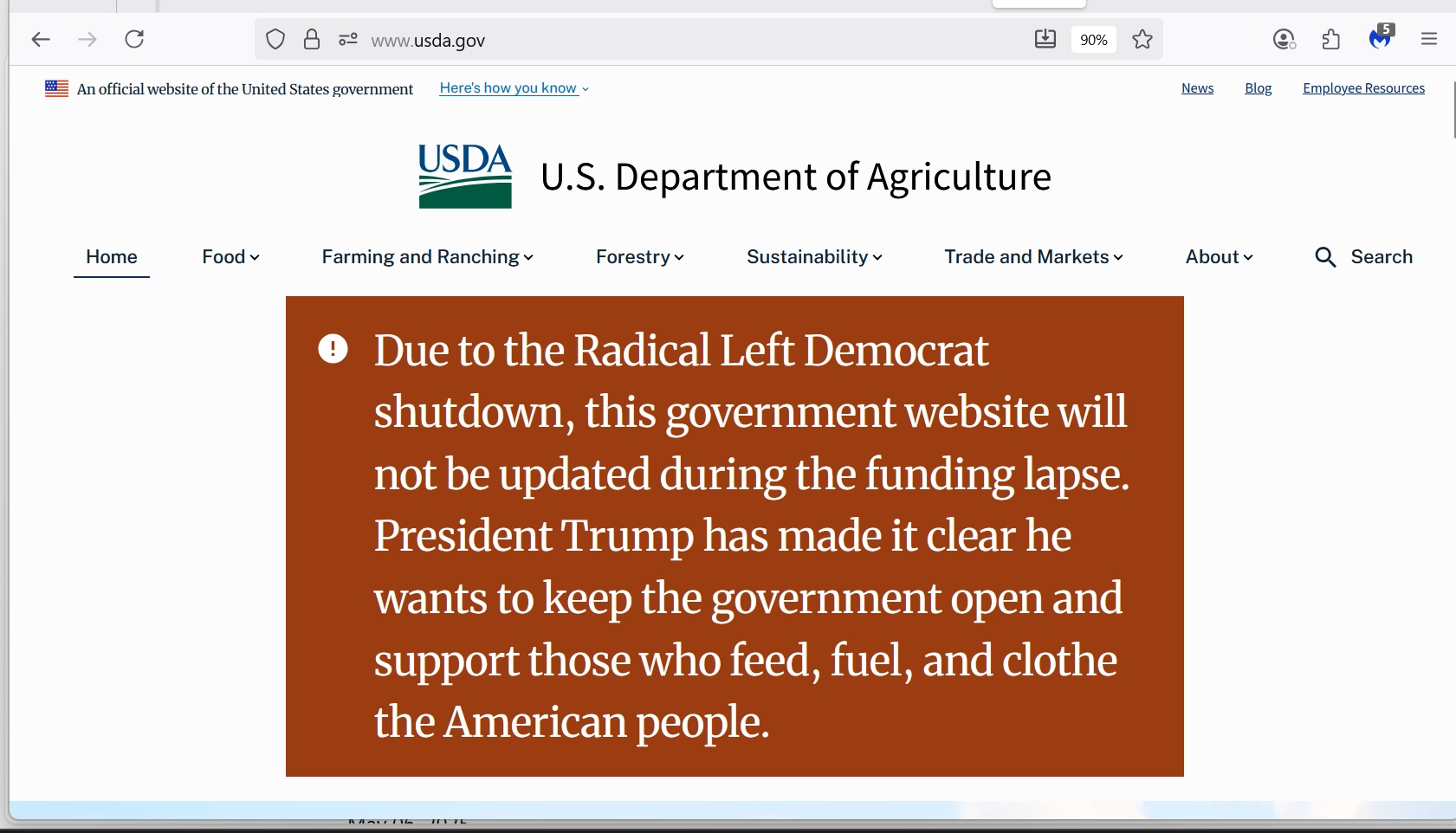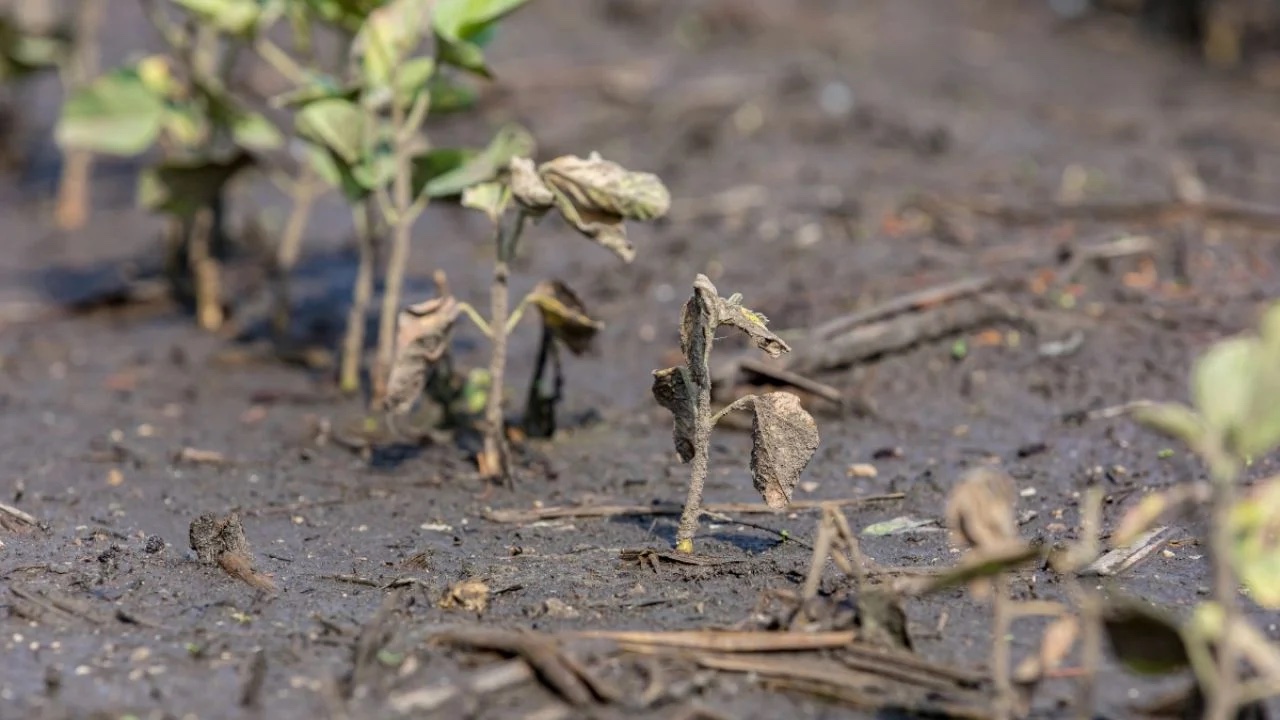Share anything that’s on your mind this weekend in the comments below.
Yesterday the U.S. Department of Agriculture and the U.S. Department of Justice jointly hosted a workshop in Ankeny devoted to concentration in agriculture, antitrust issues and market practices. After some controversy over the speakers scheduled initially, more farmers and producers were able to speak during the workshop. Lynda Waddington covered a panel including U.S. Secretary of Agriculture Tom Vilsack. The Des Moines Register covered a session concerning Monsanto’s dominance in the biotech seed industry:
Monsanto has generated controversy because of its leading role in the biotech revolution in corn, soybean and cotton seeds since the mid-1990s. About 90 percent of the corn and soybean fields in the Midwest now are planted with seeds genetically altered to resist herbicides and pests.
“Biotech seeds have given farmers better yields and improved their lives,” said farmer Pam Johnson of Floyd County.
Monsanto, Pioneer and other seed companies license their traits under the auspices of a 1980 U.S. Supreme Court decision allowing life forms to be patented.
Iowa State University professor emeritus Neil Harl said that Supreme Court decision radically changed the seed business from a collaborative, collegial enterprise among land grant colleges, farmers and companies.
“Before 1980, seed germplasm was considered something in the public domain,” said Harl. “Seed was developed in the field and everybody shared. Now seeds are developed in the laboratory and are patented and licensed.”
Holder said the high court decision 30 years ago wouldn’t block antitrust action, if it was deemed necessary.
“The antitrust authority is there,” Holder said. “The question is what the patent holders are doing with their patents. If they are using it to preserve monopolies, that is unfair behavior.”
Iowa Secretary of Agriculture Bill Northey noted that farmers are spending twice as much on seed as they did a decade ago, but also are getting better yields.
“There is tension about the cost of inputs,” Northey said. “But we don’t want to lose the innovation.”
The food blog Cooking Up a Story published this short backgrounder on “Hybrids and the Emergence of Seed Monopolies.”
The night before the DOJ/USDA workshop, Iowa CCI, Food and Water Watch, the National Family Farms Coalition and Food Democracy Now organized a town-hall meeting to raise awareness of excessive levels of concentration in agriculture. Lynda Waddington was there for Iowa Independent.
Democratic candidate for Iowa secretary of agriculture Francis Thicke has long been concerned about the loss of competition in agricultural markets. He attended the workshop in Ankeny and praised the DOJ and USDA for investigating antitrust issues related to agriculture:
“Antitrust enforcement by the federal government has been ignored for so long that it will take Teddy Roosevelt-style trust busting to bring competitive markets back to agriculture,” said Thicke, who plans to participate in the first of a series of five workshops planned by the two federal departments this Friday in Ankeny. […]
“The effects of excessive market power by a few firms has been studied for years,” said Thicke. “It has been shown that if four or fewer firms control 40% or more of a market, then it no longer functions as a competitive market.” He pointed out that, as of 2007, four firms controlled 85% of the beef packing market, four firms controlled 66% of the pork packing market, four firms controlled 59% of the broiler market, and four firms controlled 55% of the turkey market.
“Clearly we are beyond the point of open competition in our agricultural markets,” Thicke asserted. “When there are so few large firms in a market, controlling firms begin to act in concert whether or not they are directly communicating pricing with each other.”
Speaking of food policy, I heard some good news this week. The Iowa Center on Health Disparities at the University of Northern Iowa has received major grants for two important projects:
The focus of the W. K. Kellogg Foundation grant is to launch an Iowa Food Policy Council, a diverse statewide cooperative to develop and make research, program and policy recommendations for a food system to support healthier Iowans, communities, economies and environments. Over the next year, the Iowa Food Policy Council will conduct a comprehensive statewide assessment of food systems, food access and health indicators.
The focus of the Leopold Center grant is to convene key food security and public health stakeholders from across Iowa who will examine the disparities in food access and health among Iowans. The Food Access and Health Working Group will address programs and policies that increase access to fresh, nutritious and affordable local food for all Iowans, including vulnerable children and their families.
More details on the grants are after the jump. I was hoping Governor Culver would revive the Food Policy Council, but I’m glad another way was found to get this project going.
Continue Reading...








